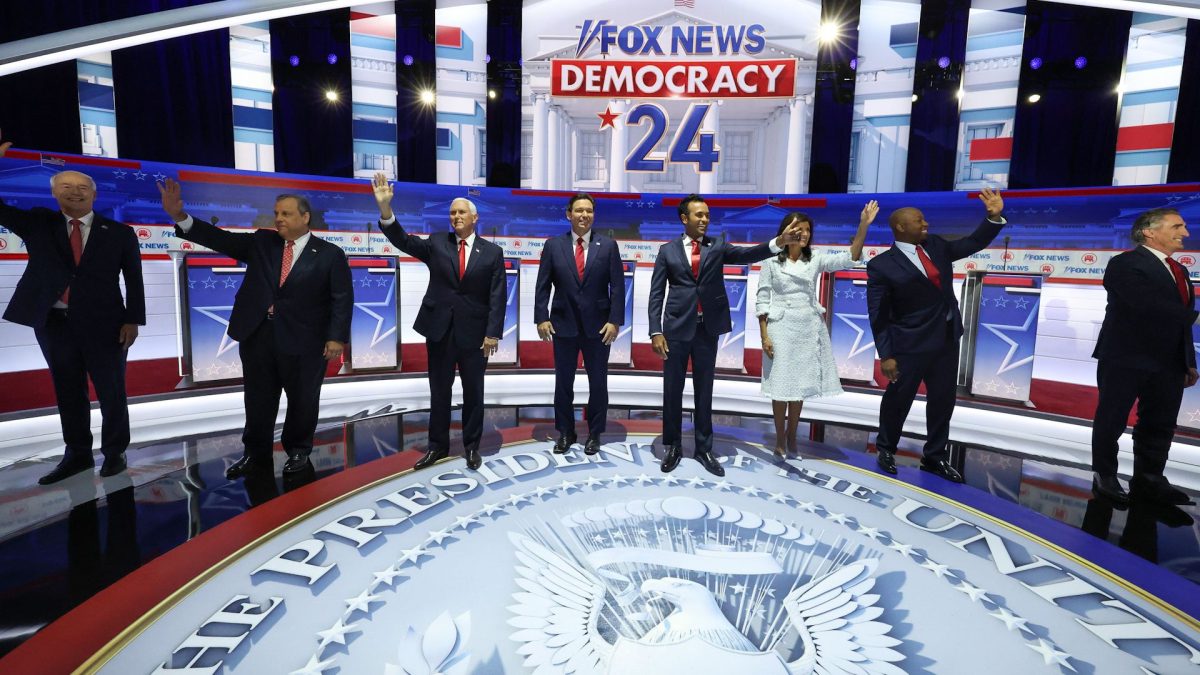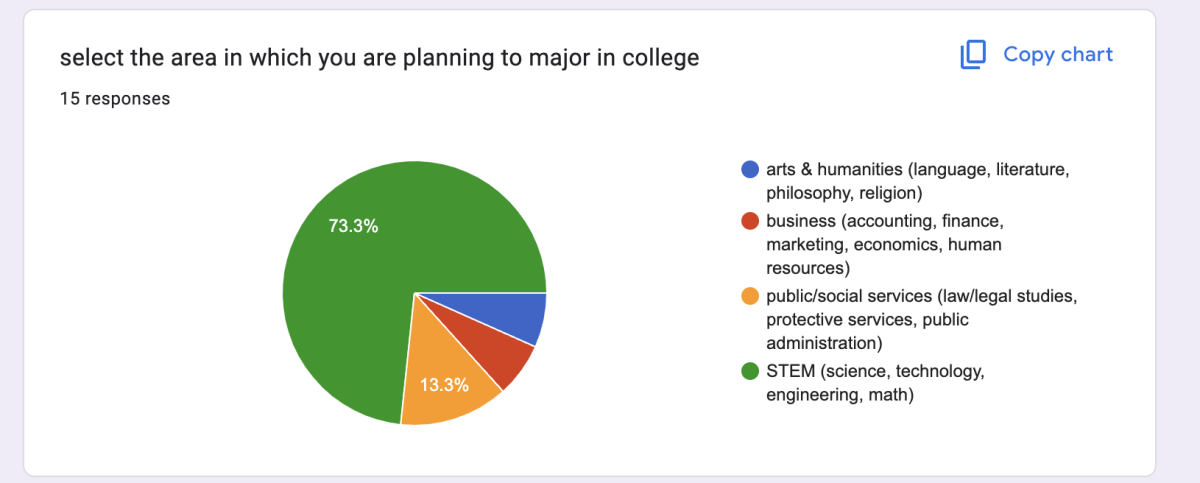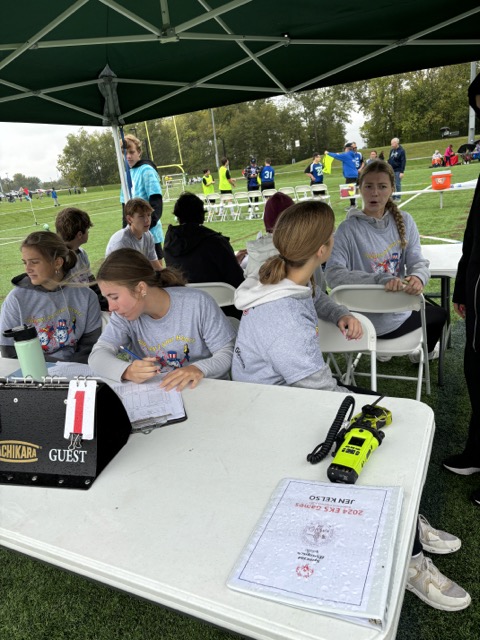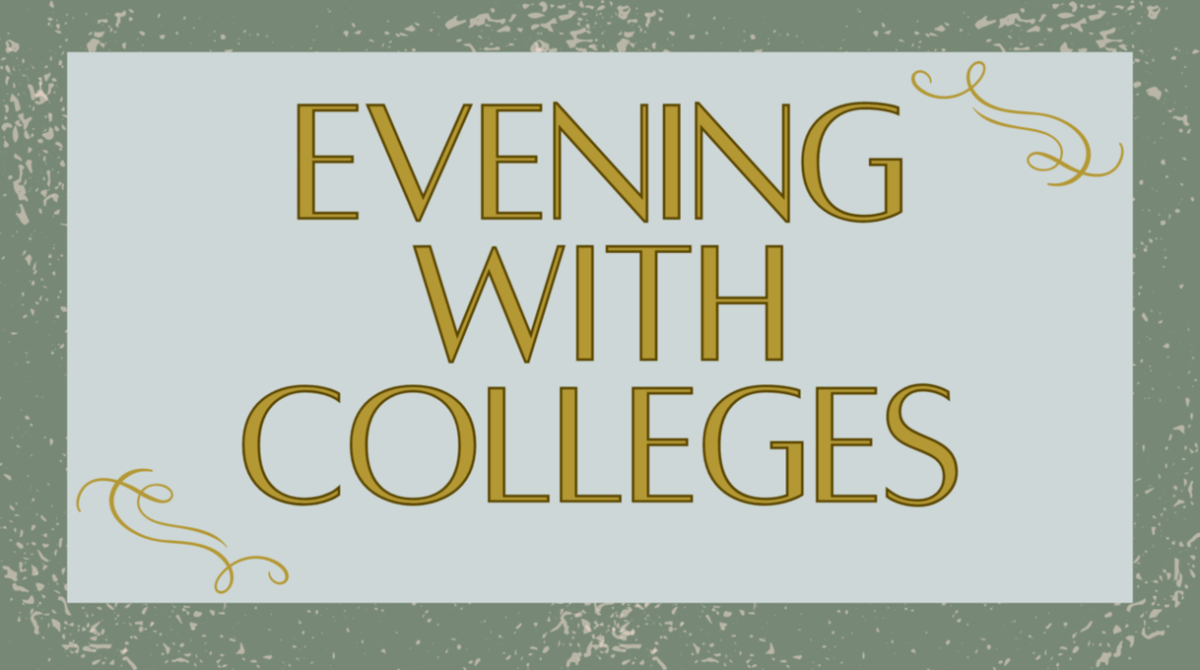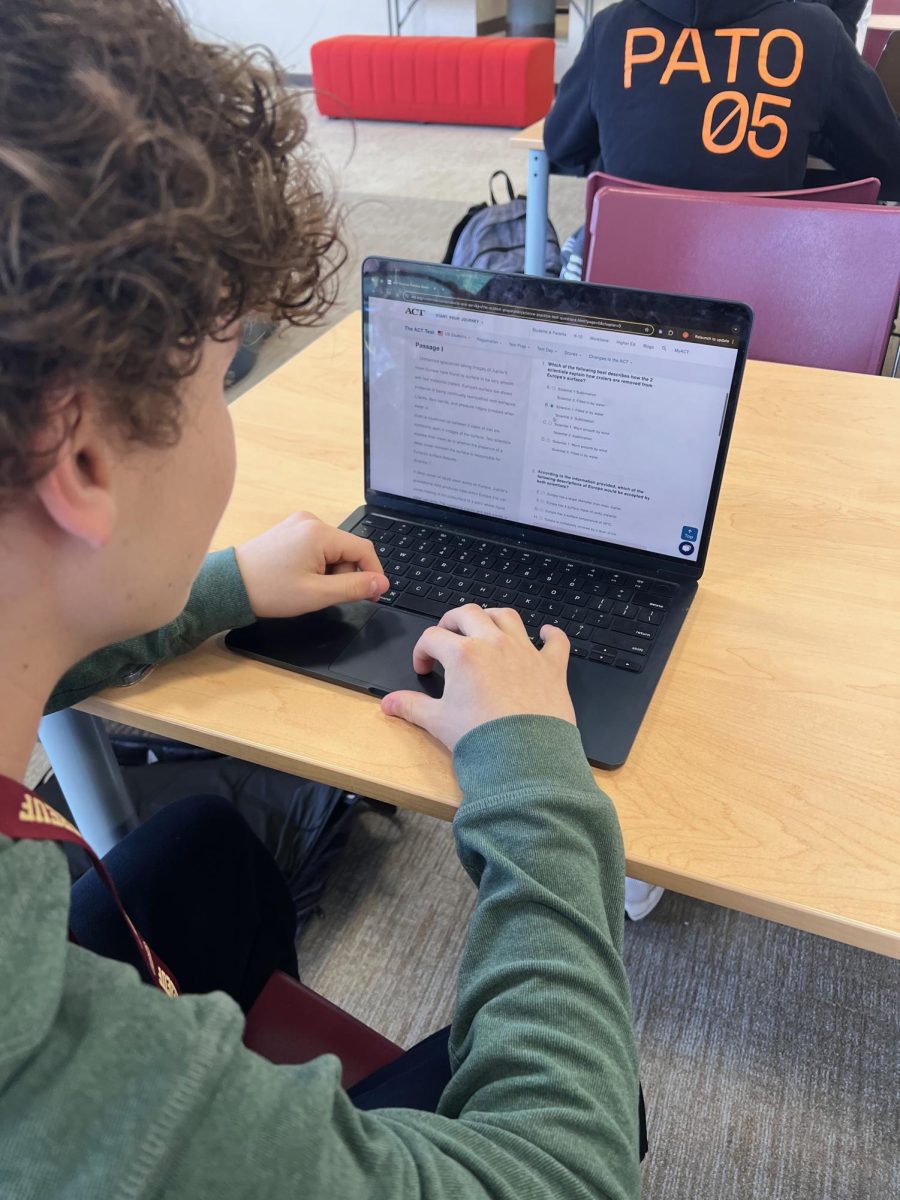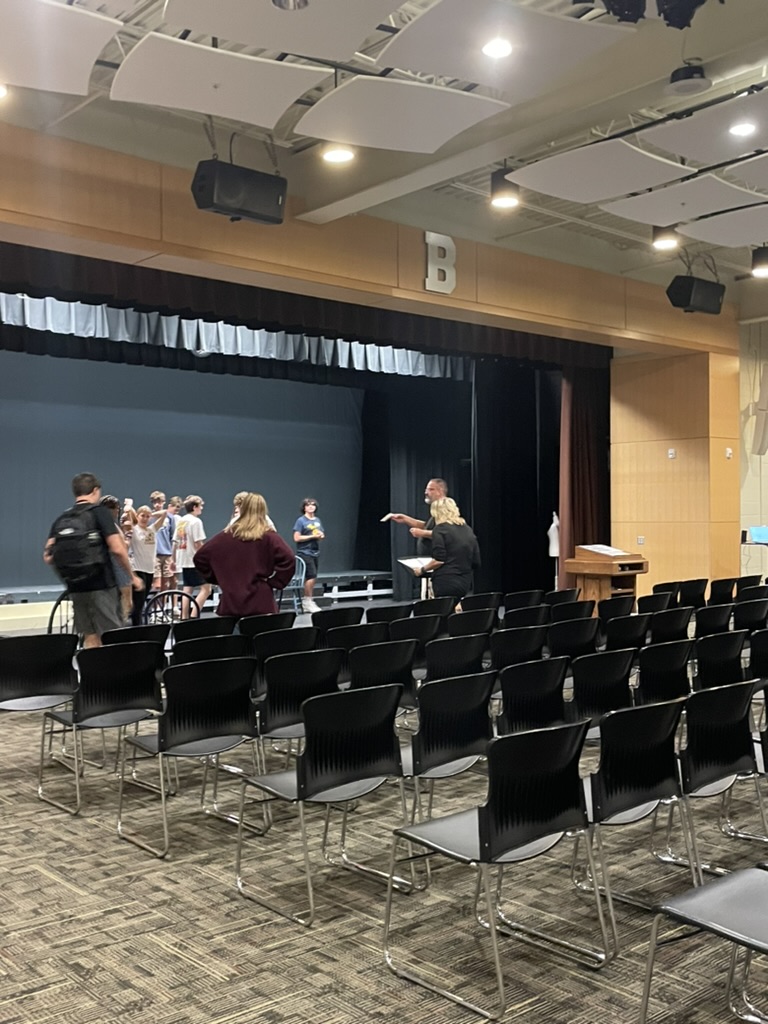The job of the President of the USA is considered to be one of the most powerful positions in the world. As a partisan country, however, citizens have significantly different ideas of what policies and legislation the President should support. To that end, political debates were first introduced in 1958 to emphasize a presidential candidate’s proposed policies for their term. Since their inception, these quadrennial debates have markedly shaped political campaigns and influenced public opinion.
While general political debates have been around for over one hundred and fifty years, they have significantly changed in their approach, policies, and topics. With the rise in social media usage, apps like InstagramⓇ and XⓇ (formerly Twitter) allow political debates to be rapidly disseminated and, more recently, processed by a rising younger audience. With the promotion of political events on social media, research studies are finding that newer generations increasingly participate and actively view political debates. With a growing audience of these broadcasted political exchanges, political debates now have a sizable impact on a politician’s campaign, especially when running to hold a national position.
With an expanding audience, however, comes questioning the validity of political debates: Are they staged to show a politician’s charisma, or do politicians truly provide viewers with their accurate opinions on topics? Mrs. Neukam, Brebeuf English teacher and moderator of the Brebeuf Young Democrats Club states, “I think politicians are putting on a show for the American people, but I also think that [a show of charisma] is what it takes to be a politician, [especially regarding] the future president of the United States.” In this way, many Americans question whether political debates provide an accurate representation of a candidate’s campaign.
Another facet of American political debates includes the specific topics of discussion. The growth in the audience also reflects its increased diversity, generating demands for new or different topics that are prioritized by candidates for discussion. According to a 2019 survey by the Pew Research Center, individuals in the younger generation want to prioritize climate change and LGBTQ+ rights, while older generations tend to focus more on fiscal responsibilities and US world relations. As a future voter, Emily Garten, class of ‘25, believes that moderators in American political debates should focus on major and current problems in the US. She included healthcare, the debate around abortions, and other issues the Biden administration can improve.
As political debates become broadcast more widely through social media and integrated into a politician’s campaign, there are many strategies that candidates employ. Some politicians use message-framing to emphasize key points of their campaign, while other politicians emphasize specific points to appeal to their core supporters. The political courtesy that Americans saw in previous years has turned into a ‘strategy’ called ad hominem, where politicians are increasingly attacking the character and credibility of a person, rather than their argument.
Ultimately, political debates are transforming to fit into the frame of an evolving world where social media garners support for a candidate’s campaign, and younger generations are more aware of the effects of political speech on a politician’s election. The approach of future debates will likely adapt to meet the demands of young voters in our rapidly changing nation.

